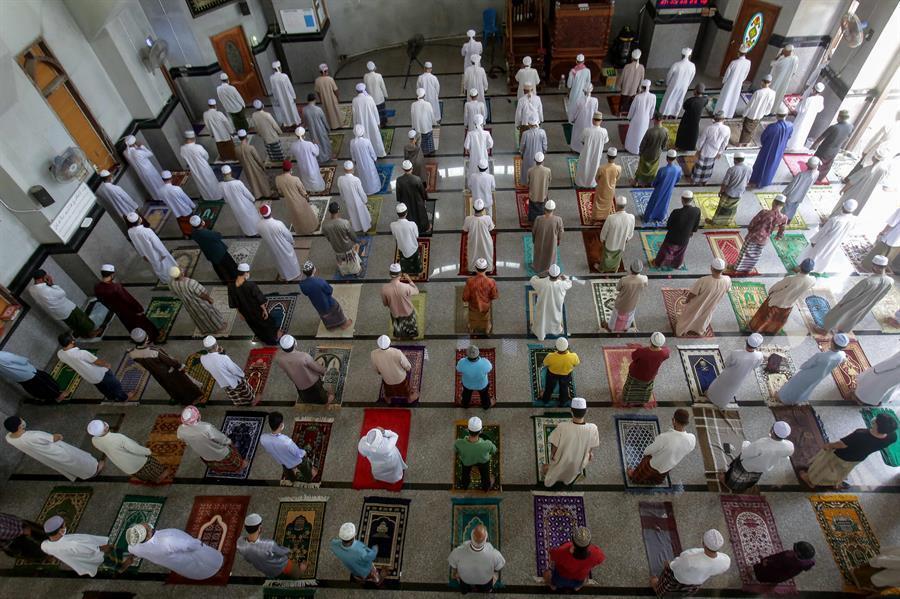
U.N. Secretary-General Antonio Guterres called on May 8 for an "all-out effort" to end the "tsunami of hate and xenophobia" sparked by the novel coronavirus pandemic, without naming specific countries.
"The pandemic continues to unleash a tsunami of hate and xenophobia, scapegoating and scaremongering," Guterres said in a statement.
"Anti-foreigner sentiment has surged online and in the streets. Anti-Semitic conspiracy theories have spread and COVID-19-related anti-Muslim attacks have occurred."
According to Guterres, migrants and refugees have been "vilified as a source of the virus- and then denied access to medical treatment."
Meanwhile, "contemptible memes have emerged suggesting" that older people, some of the most vulnerable to the virus, "are also the most expendable," he said.
The U.N. chief appealed for "an all-out effort to end hate speech globally," and singled out educational institutions to help teach "digital literacy" to young people- whom he called "captive and potentially despairing audiences."
Guterres also called on "the media, especially social media companies, to do much more to flag and... remove racist, misogynist and other harmful content."
Global death toll nears 270,000
Meanwhile, the total number of coronavirus deaths across the world has reached 268,999, according to Johns Hopkins University which has tracked the spread of the virus during the pandemic.
The U.S. death toll from coronavirus has now surpassed 75,000 people, the highest globally, followed by the U.K. with 30,689 deaths.
The countries with the next highest number of deaths are Italy with 29,958 and Spain with 26,070.
France limits Paris lockdown easing over virus fears
In the meantime, French authorities remain concerned about the spread of coronavirus in Paris which will see a more limited easing of lockdown measures next week compared to much of the rest of the country, the prime minister said on May 7.
France is due on Monday to start easing a lockdown that began in mid-March as the number of cases, hospitalizations, and deaths show signs of slowing.
But four regions- the Ile-de-France region around Paris, Hauts-de-France in the north, Grand Est in the east, and the southeastern region of Bourgogne-Franche-Comte still have a red classification denoting heightened concern.
Prime Minister Edouard Philippe told reporters France was "split in half", with virus spread far less intense in the west and south of the country, graded green, than in Paris, the north and the east.
He confirmed that even in red areas, the easing of the lockdown will go ahead on Monday.
"But there will be certain restrictions. Secondary schools will not open and neither will parks and gardens" in those areas, he said.
In another restriction for the capital, large shopping malls will reopen nationwide but not in Paris.
He said the next staging post would be on June 2, when France would "either pass towards a new phase" of the easing measures or, in the case of bad results, "take the consequences" and harden up the rules.
People in France have during the almost two-month lockdown been allowed outside only for shopping, brief exercise or urgent errands and work. Every movement had to be justified with a form to be presented to police on demand.
Everyone in France will be able to move outside without such a certificate but people will only be able to move 100 kilometers (60 miles) from their place of residence if they have an urgent need, Interior Minister Christophe Castaner said.